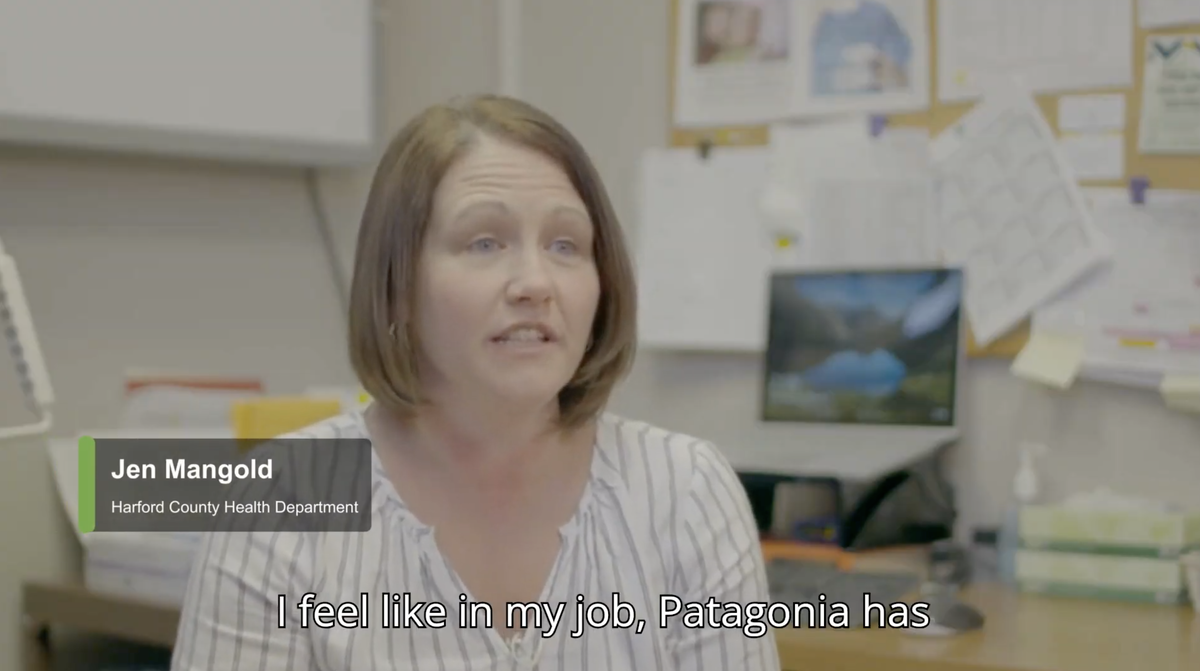PUBLIC HEALTH & BEHAVIORAL HEALTH
Simplify Healthcare With an Integrated EHR Solution
Reduce administrative burdens with easy-to-use tools designed to support patient care.

Improve Organizational Efficiencies with a Trusted Partner
We offer more than just technology solutions, we have clinical, practice management, and billing experts on staff. They provide workflow guidance, billing and other training, and frequent educational webinars on industry best practices.

Top Electronic Medical Records Software

10x Customer Service Award
Services Overview

EHR
User-friendly EHR integrated with Practice Management and Billing software to provide an end-to-end solution to improve provider, admin, and patient experience.

PRACTICE MANAGEMENT
Improve efficiency and patient satisfaction with our practice management tools, including scheduling and reporting, designed to make these tasks easier.

BILLING
Increase claim reimbursements while reducing errors, claim denials, and re-submissions with the medical billing portion of our integrated solution.
We’re Proud to Partner With:






EHR Designed for Public Health and Behavioral Health
Our EHR software for public health and behavioral health was designed in collaboration with clients and professionals like you to support the unique workflows of your practice specialty. For enterprise-level needs, we have scalable solutions for multi-location health departments.

PUBLIC HEALTH DEPARTMENTS
Provide essential care to your community members with a solution designed specifically for public health. Access clinical tools, find the forms and reporting you need for your public health programs, and meet funding requirements.

BEHAVIORAL HEALTH AGENCIES
Focus on the community members you serve with our solutions designed specifically for Clinical Directors, therapists/ counselors, psychiatrists, and administrative/billing staff.

FEDERAL AND STATEWIDE GROUPS
Federal entities, statewide systems, and multi-location county health departments use our EHR system to unify their health departments. As your needs grow, we can scale with you.
An EHR That Makes a Difference

Lives Covered
.svg)
States Served

In Claims Processed

Retention
Focus on Patient Care With Easy-to-Use Solutions
Health professionals say switching to Patagonia Health has made their jobs easier. An integrated solution means everything is at your fingertips, from scheduling to clinical visits to billing. Improve clinic efficiency and spend less time doing paperwork with solutions designed to improve patient care.


Why Choose Patagonia Health?
AWARD-WINNING CUSTOMER SERVICE
- Experts on staff available to you
- Easy ticketing for communication
- Consistently recognized for service excellence
IMPLEMENTATION & USER TRAINING
- Remote & on-site training opions
- Data Migration support
- User groups for collaboration
OUR TECHNOLOGY
- Up-to-date on the latest EHR security certifications every year
- Web and cloud-based system
- Real-time data connecting with thousands of providers nationwide
PATIENT ENGAGEMENT
- MyHealth Patient Portal for communication and records
- Appointment reminders and follow ups
- Patient kiosk for quicker checkins
What Our Clients Say About Our EHR Solution
Latest Articles from Our Team
Let’s discuss your EHR needs.
Schedule a free 20-minute consultation.
Have questions about how Patagonia Health can meet the demands of your department or group? Our team of experts are ready to help.


